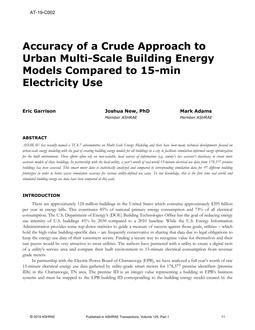This paper reviews generic hollow-core-masonry heat storage system (air-core) designs and discusses an analysis of the measured performance and calculated heat transfer coefficients in one such system. An overview of seasonal performance of the monitored building containing the system is provided.
“Air-core” is a generic term for energy storage systems employing the core voids of concrete masonry untis as integral ductwork and heat transfer surface area to store energy indirectly via fan forcing of air. Common energy sources/sinks are collected solar heat, recycled internal generated heat, wood heat, naturally cooled outdoor air, and/or evaporatively cooled outdoor air, supplied under appropriately controlled conditions.
Heat transfer rates in a block masonry air-core system were calculated from field-measured data using two methods. An average heat transfer coefficient of 0.48 Btu/ft2•h/F (2.7 W/m2•K) was found, which compares well to values the literature. The reviewed literature was not extensive, indicating need for further computer simulation and field monitoring of these systems to develop simplified design aids.
Units: Dual
Citation: Symposium, ASHRAE Transactions, 1986, vol. 92, pt. 2B, Portland, OR
Product Details
- Published:
- 1986
- Number of Pages:
- 17
- File Size:
- 1 file , 1.8 MB
- Product Code(s):
- D-PO-86-15-4

